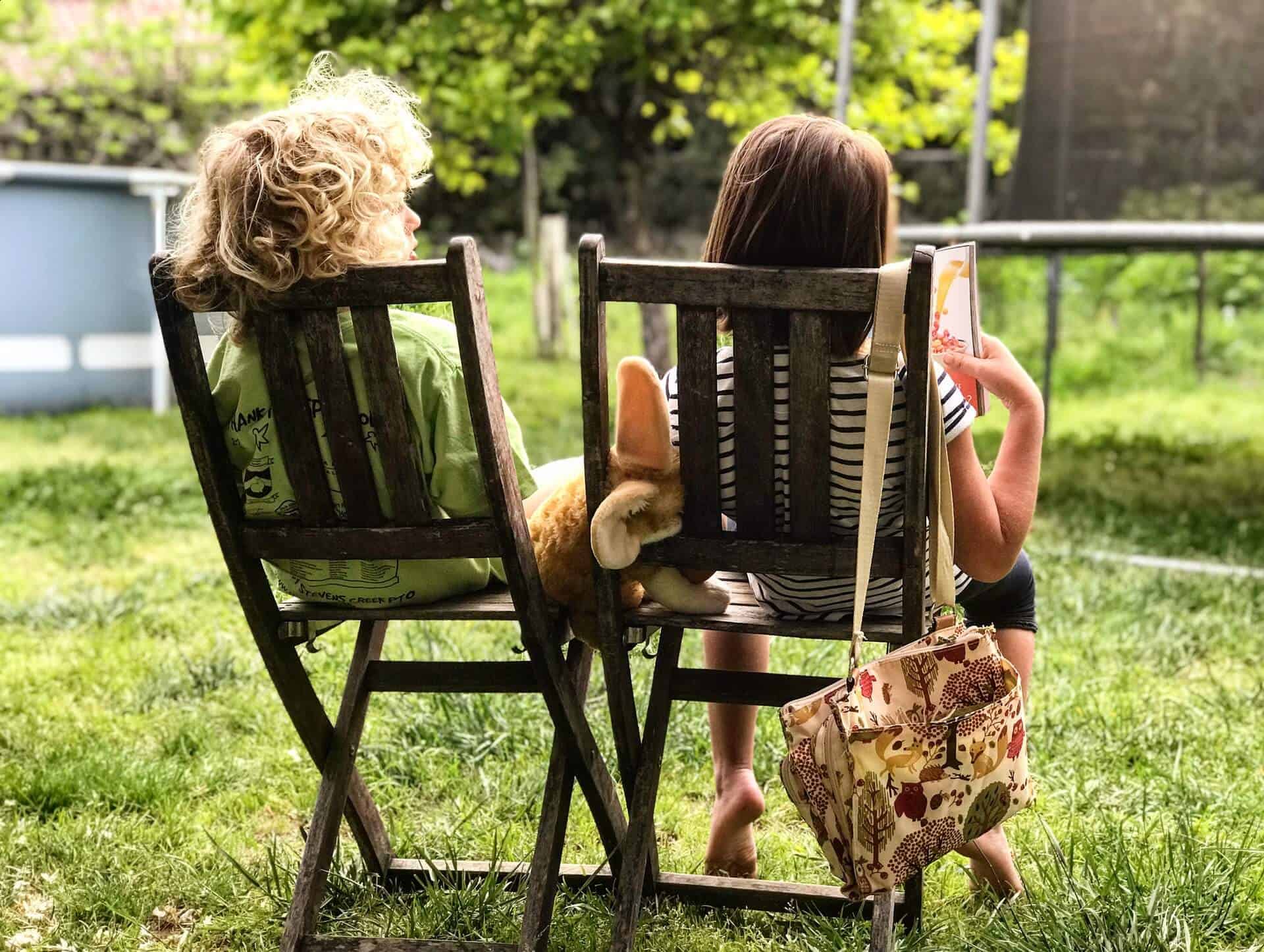
Having an adequate amount of social skills is critical to students growth. It’s best to develop social skills during primary school age. That is due to students’ immense cognitive ability to acquire vast amounts of data, whether linguistic or social.
Lack of social skills seems to be the main issue preventing academic success in group work, but seating students together is not enough. Many students have no idea how to interact appropriately with their peers. Like Dave (that’s not his real name), one of my grade four students’ who refused to learn, whose father was imprisoned for a terrible crime that any child would find hard to forgive. The issue is that students like Dave, often lack the social skills needed to complete cooperative learning tasks.
Students will be more prone to becoming introverted. That’s not denoting that introversion is an unhealthy personality trait. It is like all things in life, a double-edged sword. And as evidence from Beth Esposito’s findings dictates, introversion constitutes a risk factor for depression and other anti-social behaviours.
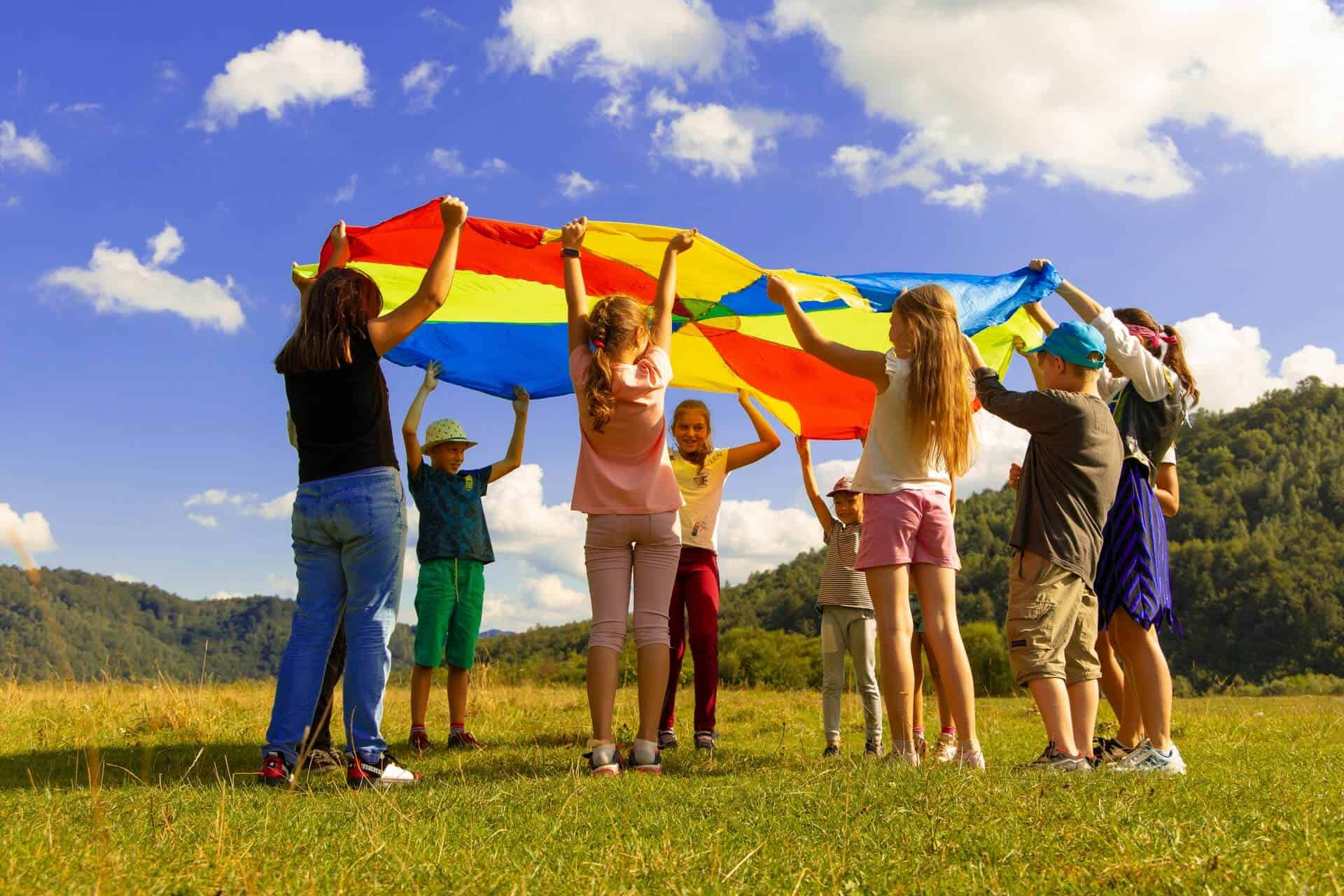
The social skills activities listed below are for both vocal and non-verbal students. Often non-verbal or hard of hearing students are labelled disabled and less competent than their vocal peers. However, non-verbal students could have an advantage over vocal students.
According to neurologist Tokuyama D., the brain is a plastic institution because it adapts to any changes. If an individual loses or gains a sense, his/her mind will rewire its recourses to match the situation at hand. A hard of hearing student may gain keen insights in taste or even benefit from a noticeable cognitive boost.
Ludwig van Beethoven, Thomas Edison, and Helen Keller, to name a few, displayed this phenomenon. So our non-verbal students could be potential geniuses despite the inability to communicate in the traditional sense.
Their “disability” is not a barrier in the way of communicating or socialising. That said, nonverbal students need specific social skills activities to build up their social skills.
So I have listed nine social skills activities your verbal and non-vocal students don’t want to miss.
This social skills activity helps non-verbal students particularly flourish their creativity and guessing. One to two students randomly pick a piece of paper from a jar full of jobs, animals, emotions, etc.
Students have to act out what is on the paper for the rest of the class. Have both vocal and non-verbal students use mini whiteboards in pairs to write guesses on.
A variation and favourite of mine is ‘Detective’ which you can play online in a Zoom class. You can also have your students use mini whiteboards or paper and pencil to write their guesses on, to help your non-verbal students engage.
You might be familiar with this simple and highly interactive activity since most of us played it at some point to fasten up the clock hands.
Divide the class into two opposing groups. Each group elects one representative. The two representatives instruct their group by drawing an object, animal, or person on a whiteboard without speaking a single word. Their groups must guess the nature of what their representatives are drawing, and the first to guess correctly wins.
Now, why this activity specifically? I am focusing on elementary students’ social skills in conjunction with art, guessing, and communicating, as each group member interacts with his/her peers to raise their odds of winning. As teachers, we have total freedom to make changes as we see fit.
This social skills activity comes in handy in understanding facial and physical cues that help students communicate better.
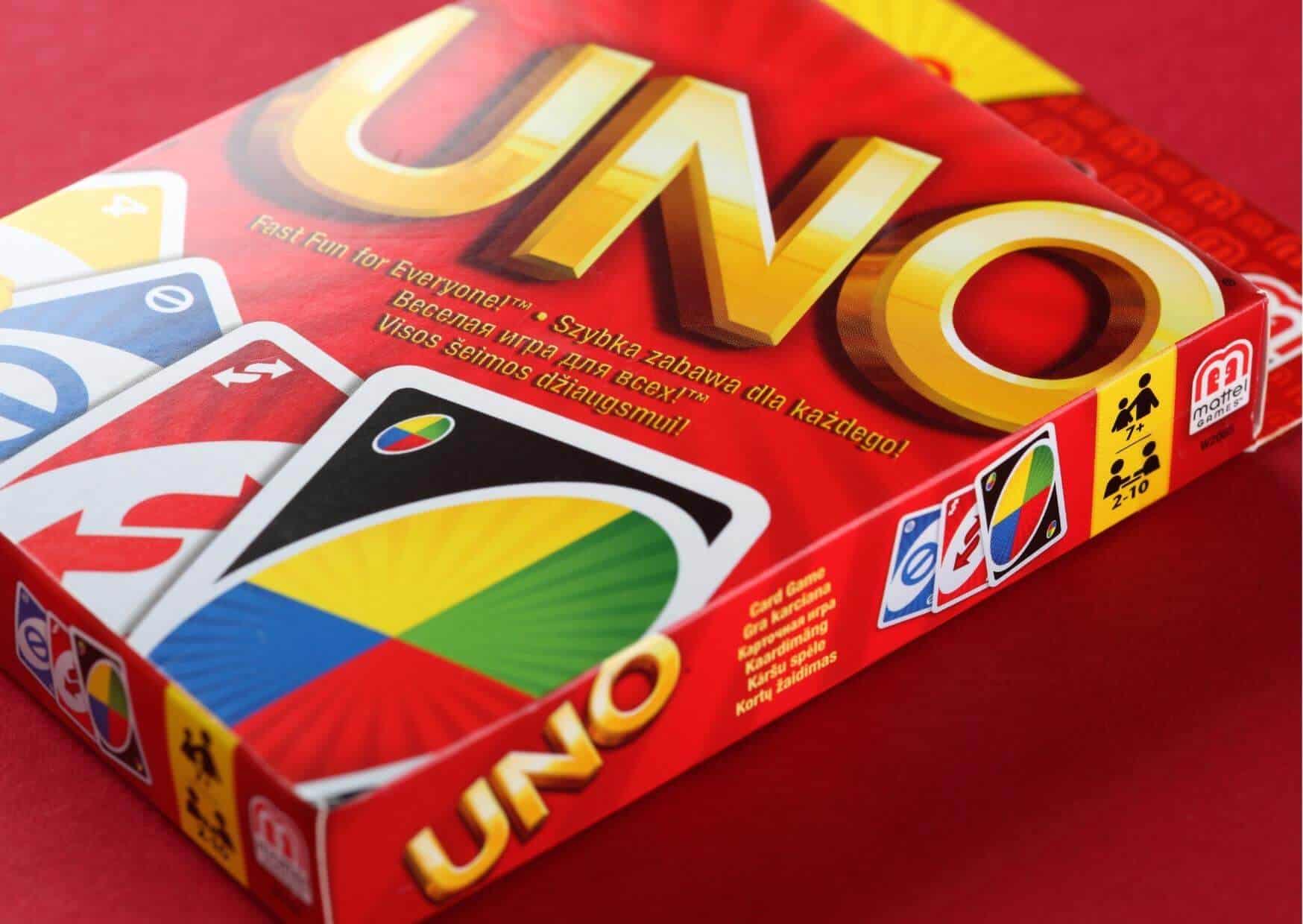
Board games such as Snap, Jenga, Go, Uno, Drafts, and Monopoly can boost students social skills. The teacher merely acts as a silent observer during these games.
We have the sole responsibility of noting down our students’ behaviours towards winning, losing, etc., then discussing how they felt when they “outsmarted” their classmates.
You can even set up other board games that require more players on the same side against another, which helps elementary students cooperate to win.
“We are all storytellers living in a network of stories. There isn’t a stronger connection between people than storytelling.” Jimmy Neil Smith couldn’t have said it more beautifully. In telling or reading a story, we are expressing our most authentic and deepest thoughts.
As its title suggests, this social skills activity pushes elementary students to tell a story from their perspective, with a twist. The teacher indicates a topic, and students have to take turns in filling various parts of the plot.
For instance, student A can set the story’s setting, and student B can introduce the characters, while students C and D continue developing what their peers have built.
Improvisational storytelling helps them find answers regarding life and improve their creative, listening, and social skills.
Journaling is proven to be a powerful tool to gain personal growth and self-control. This form of writing is deemed therapeutic writing since it re-balances our emotional equilibrium when we feel an overwhelming amount of a particular emotion (sadness, loneliness, anger, or even happiness).
This writing therapy works by writing each day what you have experienced and felt. To get rid of an emotion, lessen it, or treasure another.
This social skills activity promotes self-control. It also gives non-verbal students the opportunity of sharing what they feel and reading what others do. To empathise with one another or to relate to a particular mutual situation.
Journaling gives non-verbal students the means to speak up and be heard even without having a voice. During this activity, the teacher has the complete freedom to use pictures and prompts such as “I feel …….. when I’m with ……..”—simplifying the process for nonverbal students at first.
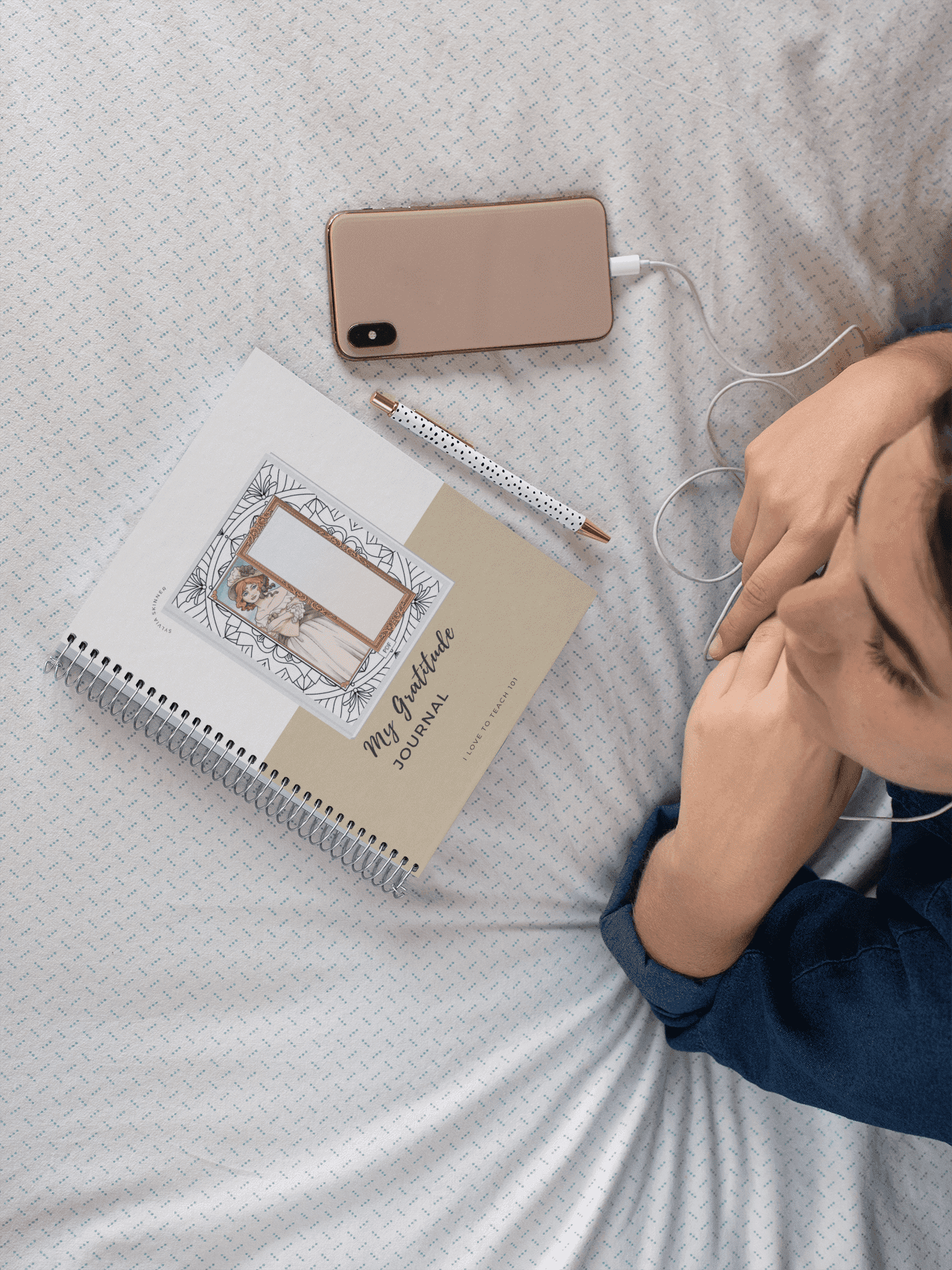
Thought about keeping a Daily Gratitude Journal?
Another cognitive and social skills exercise called ‘Word Seek’, commonly referred to as “Find the Word”.
Students pick out words from a grid full of letters that form different words through a closer look.
Have non-verbal students work in pairs to teach them coordination. Instruct them to use sign language to translate what they’ve found—hunting two birds with one stone: social skills and vocabulary.
Hide and seek is an international classic. Almost all children around the world have played this game even once during their childhood or even teenagehood. It’s easy to overlook the benefits.
The truth is, however simple it may seem, it is suitable for both vocal and non-verbal students alike. It subconsciously teaches its players survivability and judgment.
If you are not familiar with the rules of this game, they are simple. A player has to look away for some time while the others hide, and after a specific allotted time has ended, that player then begins searching for the others. S/he wins or loses depending on his/her ability to find all the players who are hiding.
At first glance, this activity may not seem as socially boosting as the other activities, but it may even surpass them with a few modifications.
A suggestive modification to this game would be to appoint two players as the “hunters”, and the rest must work in pairs to find the best hiding spot. Thus, they learn how to communicate and develop a shared plan that leads them to win.
In today’s digital age, elementary students require upscaled attention to what they feel. Asking a child about their emotions and thoughts increases their emotional understanding, self-awareness, and self-control.
There are two ways to let an elementary student out of their emotional closet: Asking them directly or, better yet, through an activity called “How do I feel?”
To play this social skills activity, handout cards with different emotions written on them. Each student randomly picks a card and acts out the corresponding emotion for his/her classmates to guess.
Non-verbal students mime the emotions on the cards. When they need to give answers, they can write them on tablets or whiteboards and hold them up to show they know the answer.
As we may be dealing with future geniuses, it is only suitable that we seek what non-verbal students thrive in, and brain fitness is always the way to go. Enter puzzles.
Puzzles are excellent brain stretchers designed for the sole purpose of facilitating our logical reasoning, critical thinking, memory, judgment, and patience.
As a teacher, you can assign each puzzle to 2 to 3 students, depending on the puzzle difficulty. Instinctively, all students will have to communicate with each other somehow, and they do so through physical and facial cues. They may use pointing, nodding, or even drawing.
These social skills activities are but a droplet of a vast sea of social-skill-boosting techniques. So, feel free to describe in the comments below any of your favourite social skills activities—especially one that can be adapted to include all students.
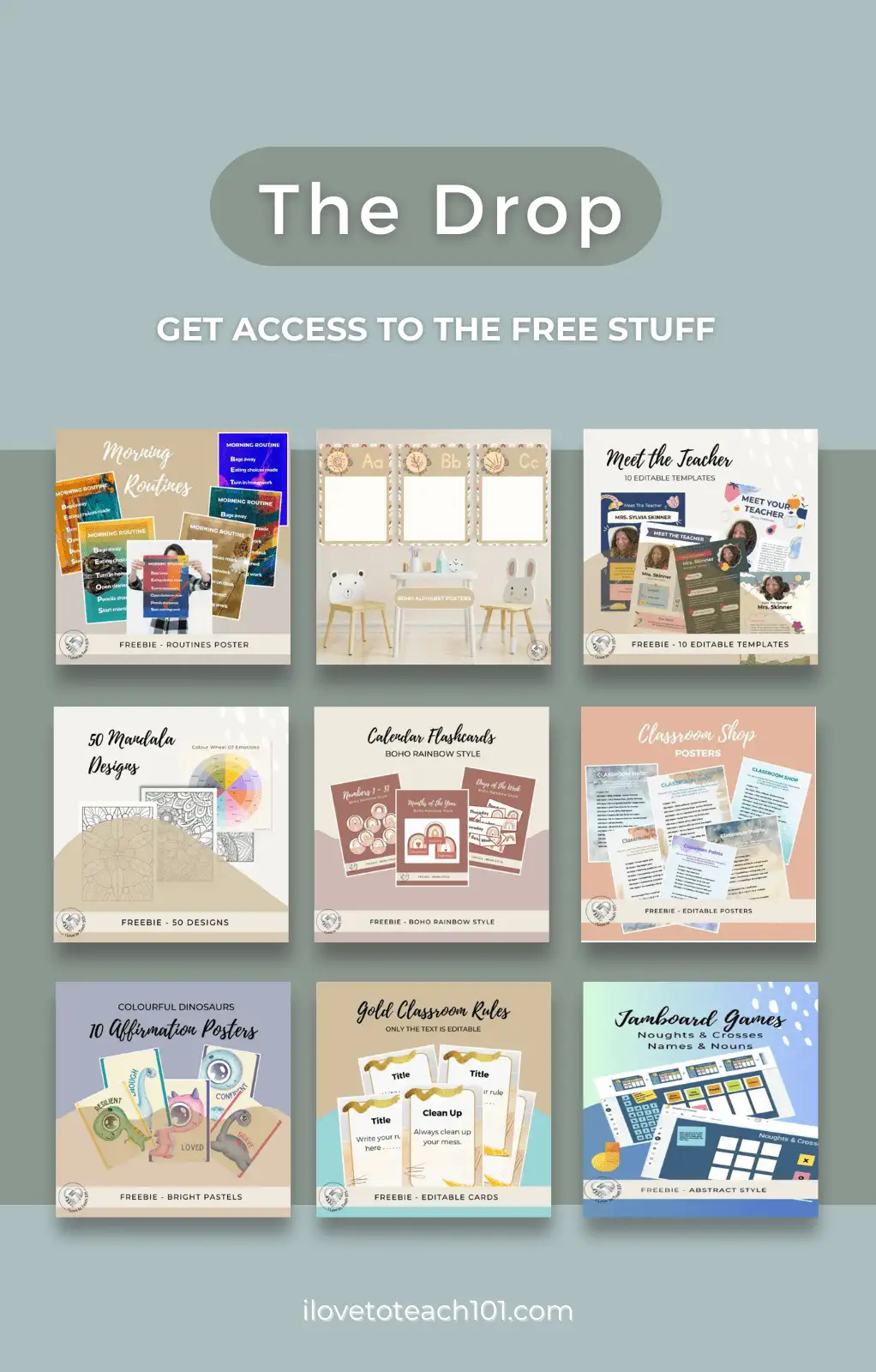
Each month we add at least one FREE teacher resource exclusively for ILTT members.
To access now, join ILTT today!
Membership is free and you can unsubscribe anytime.